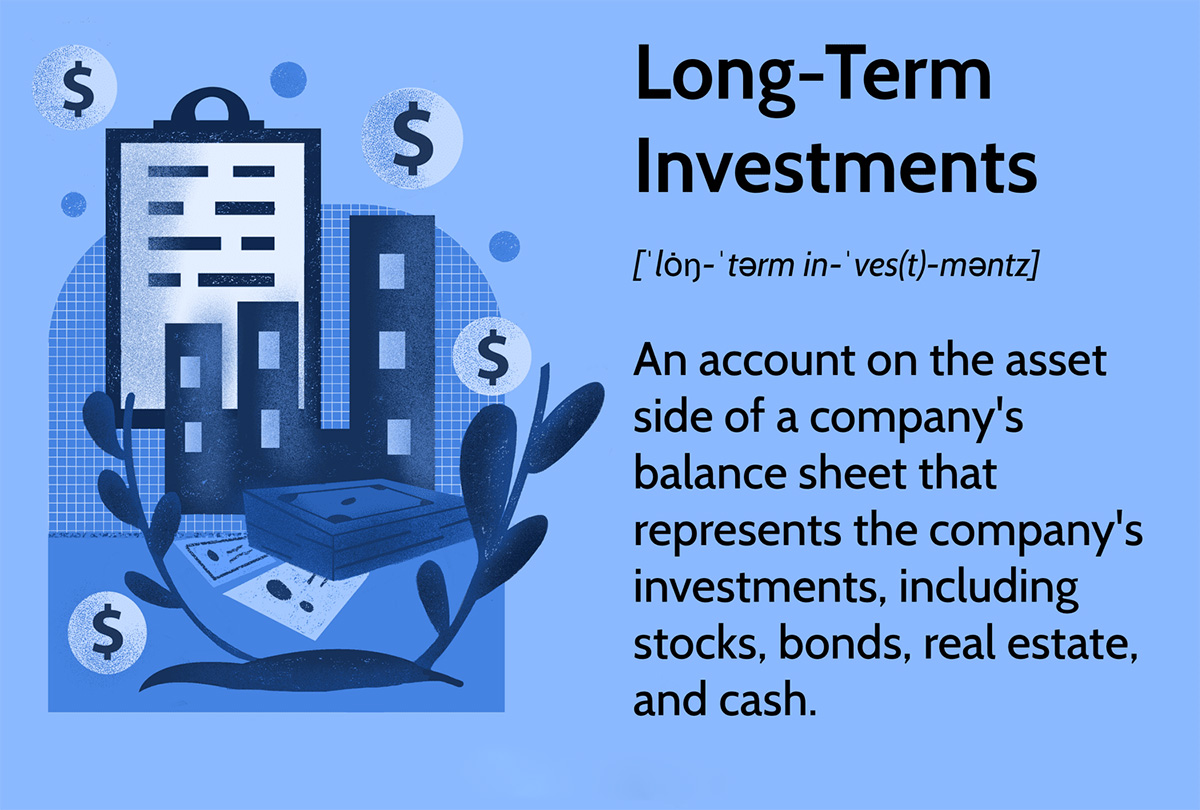Home>Finance>Front Office: Definition, Duties, Front Office Vs. Back Office


Finance
Front Office: Definition, Duties, Front Office Vs. Back Office
Published: November 28, 2023
Learn the definition and duties of a front office in finance, and understand the key differences between the front office and back office functions.
(Many of the links in this article redirect to a specific reviewed product. Your purchase of these products through affiliate links helps to generate commission for LiveWell, at no extra cost. Learn more)
Front Office: Definition, Duties, Front Office vs. Back Office
Welcome to the finance category of our blog, where we dive deep into the various aspects of financial management. In this blog post, we will be exploring the front office in finance, its definition, duties, and how it differs from the back office. If you’ve ever wondered about the roles and responsibilities of front office professionals or how they contribute to a company’s success, this post is for you! So, let’s get started.
Key Takeaways:
- Front office refers to the customer-facing part of a financial institution or company.
- Front office professionals are responsible for managing client relationships, generating revenue, and executing transactions.
What is the Front Office in Finance?
In the context of finance, the front office can be defined as the customer-facing division or department of a financial institution or company. It is the frontline of the business, where employees interact directly with clients and customers. The front office plays a crucial role in building and maintaining strong relationships with clients, generating revenue, and executing transactions.
Front office professionals are often the first point of contact for clients, making them responsible for providing exceptional customer service and ensuring a positive client experience. They are typically involved in tasks such as client onboarding, account management, responding to client inquiries, and executing trades or transactions. It’s a dynamic and fast-paced environment that requires strong communication skills and a deep understanding of the financial products and services offered by the company.
Key Duties of Front Office Professionals
Front office professionals are an integral part of the financial industry, and their duties may vary depending on the specific role and the organization they work for. However, there are some common responsibilities that are typically associated with front office positions:
- Client Relationship Management: Building and maintaining strong relationships with clients is a top priority for front office professionals. They are responsible for understanding the needs and goals of clients and providing personalized financial solutions or advice.
- Revenue Generation: Front office professionals play a key role in generating revenue for their organization. They may do this by cross-selling financial products, identifying new business opportunities, or assisting with fundraising efforts.
- Transaction Execution: Executing client transactions accurately and efficiently is another important duty of front office professionals. This includes processing trades, handling client orders, and ensuring compliance with regulatory requirements.
- Market Research and Analysis: Staying updated on market trends and analyzing financial data is crucial for front office professionals. They need to be able to provide clients with insights and recommendations based on their understanding of the market conditions.
- Risk Management: Front office professionals also play a role in managing risks associated with client transactions and investments. They need to assess the potential risks involved and make informed decisions to protect both the client and the organization.
Front Office vs. Back Office
Now that we have a better understanding of the front office, let’s briefly explore how it differs from the back office in the finance industry.
Front Office:
- Customer-facing division or department
- Engages directly with clients/customers
- Focuses on revenue generation and client relationship management
- Executes trades, handles inquiries, and provides financial advice
Back Office:
- Supports the front office operations
- Handles administrative and operational tasks
- Performs tasks such as settlements, clearing, and record-keeping
- Ensures compliance with regulations and maintains operational efficiency
While the front office is focused on client interaction, revenue generation, and executing transactions, the back office primarily supports these operations by handling administrative and operational tasks. Both divisions work together to ensure the smooth functioning of a financial institution or company.
Conclusion
The front office in finance is a critical component of any financial institution. Front office professionals are responsible for managing client relationships, generating revenue, and executing transactions. Their customer-facing role requires strong communication skills, a deep understanding of financial products, and the ability to thrive in a fast-paced environment. By working in tandem with the back office, the front office ensures the smooth operation and success of the organization as a whole.
We hope this blog post has shed some light on the front office, its duties, and how it differs from the back office. Whether you are considering a career in finance or simply want to gain a better understanding of the industry, the front office is an essential aspect to explore. Stay tuned for more finance-related topics in our blog’s finance category!














